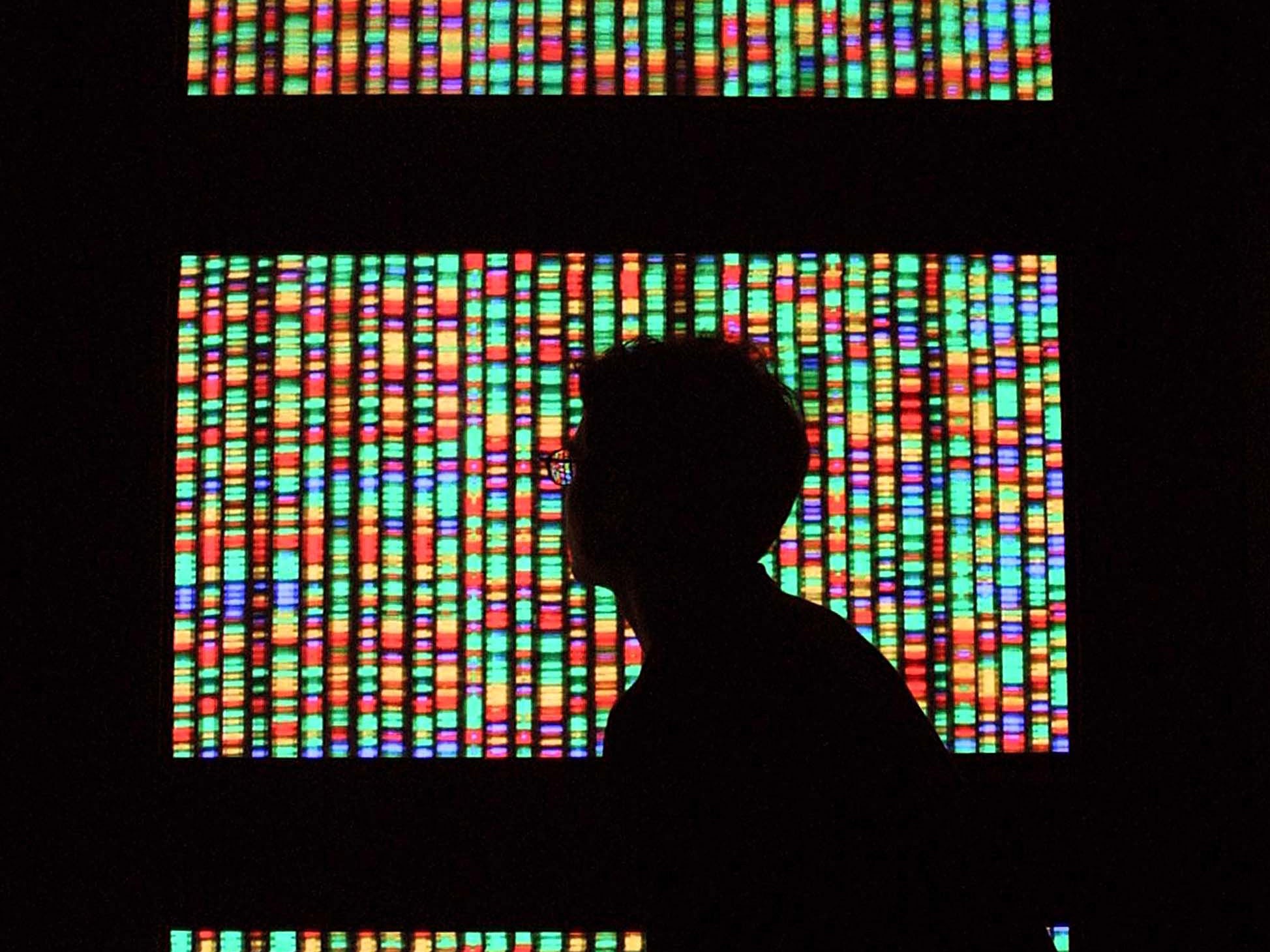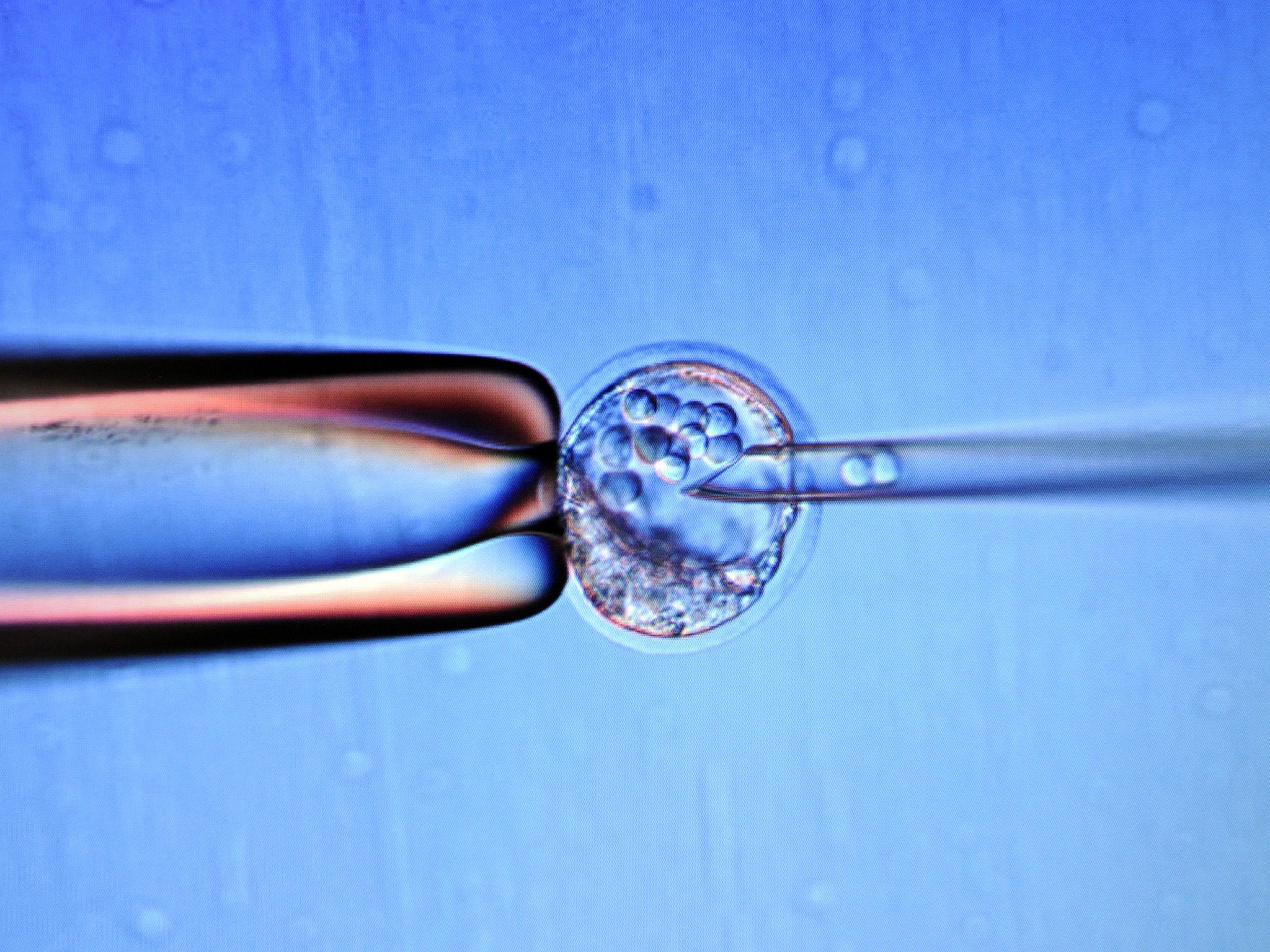The Independent's journalism is supported by our readers. When you purchase through links on our site, we may earn commission.
Scientists to thrash out rules on genetically modified humans
US researchers will meet to consider DNA editing guidelines

Scientists in America will collaborate to draw up a set of ethical guidelines around the rights and wrongs of editing the human genome.
The move comes after the shock discovery in April that researchers in China had successfully edited genes within human embryos.
Despite the fact that these embryos were reportedly ‘non-viable’, the work has spurred the US National Academy of Sciences and the National Academy of Medicine to create a rulebook of what the scientific community considers to be acceptable use of the gene-editing system called CRISPR-Cas9 which allows mutated sequences of DNA to be removed from a fertilized ovum.
Of course, whether or not the world at large agrees to stick by those guidelines is another issue and the intention of the summit is to be open to all in the international community.

No date has been set for the moment, but an important suggestion from Marcy Darnovsky, director of the Center for Genetics and Society in Berkeley, California, is to take the conversation beyond just those with the technical and specific knowledge of genetics. Politicians, religious groups and human rights organisations have just as an important role to play in what is a fast-approaching field of possibilities set to, very literally, shape the face of humanity, Darnovsky told Nature.
With a greater international and broad-ranging consensus, the tricky issues of when, what and whose DNA we should be allowed to ‘play god’ with are more likely to respected.
It’s currently illegal to genetically modify human embryos in the UK but it can be done in most US States if done without government funding.
Join our commenting forum
Join thought-provoking conversations, follow other Independent readers and see their replies
Comments